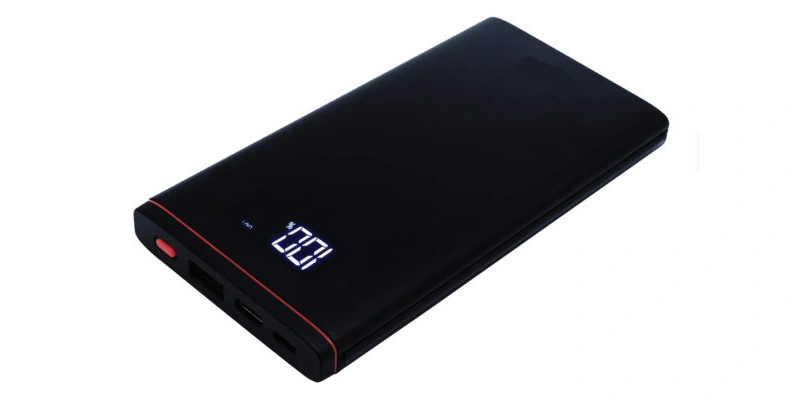Lithium batteries have been a recurring concern in aviation safety. According to the U.S. Federal Aviation Administration (FAA), there were three incidents every two weeks in 2024 related to the overheating of these batteries on aircraft, compared to fewer than one per week in 2018, reported Reuters.
In response to this growing risk, several airlines have updated their policies regarding the transportation and use of lithium batteries on board.
Airline-Specific Restrictions
South Korean Airlines
In January, an Air Busan aircraft caught fire while preparing for takeoff in South Korea. Although the investigation is still ongoing, the Ministry of Transportation indicated that a power bank might have been the cause.
Following this incident, Air Busan prohibited storing power banks in the overhead compartments and required passengers to keep them with their personal belongings. As of March 1, all South Korean airlines have implemented similar regulations: passengers must carry power banks and e-cigarettes with them, and these items are not allowed to be charged on board.
Singapore Airlines and Scoot
Singapore Airlines, including its low-cost subsidiary Scoot, announced on March 12 that, starting April 1, charging power banks via the aircraft’s USB ports or using them to power personal devices during the flight will be prohibited. The airline reaffirmed that it continually reviews its procedures to ensure safety.
Air Astana
As of March 13, the Kazakh airline Air Astana has banned the use of power banks to charge devices during flights. Additionally, passengers must carry lithium batteries, external batteries, and e-cigarettes in their carry-on luggage and store them in the overhead compartments.
EVA Air and China Airlines
Taiwan’s EVA Air banned the charging and use of power banks and spare batteries during flights as of March 1. The airline reminded passengers that most of its aircraft seats are equipped with USB ports for device charging.
China Airlines implemented a similar regulation, prohibiting the use and charging of power banks and recommending that they not be stored in overhead compartments.
Thai Airways
Starting March 15, Thai Airways prohibited the use and charging of power banks and portable batteries on its flights.
IATA Guidelines and Industry Reactions
Most airlines follow the regulations set by the International Air Transport Association (IATA), which stipulates that power banks must be transported in carry-on luggage and not in checked baggage. IATA also sets limits on the capacity and quantity of batteries allowed.
The Lufthansa Group confirmed that it continues to comply with IATA guidelines and has not made any changes to its policy. Meanwhile, Air India stated that it regularly reviews its regulations but, for now, maintains its policy without modifications, as changes could introduce new risks without a clear consensus on the best strategy.
Related Topics
Pratt & Whitney Strengthens Industrial Capacity in Georgia: $200 Million Investment to Boost GTF and F135 Engine Programs
U.S. Tariff Shift: Exemption for Aircraft and Engines Boosts Embraer, U.S. Airlines, and Aerospace Sector
Spirit Airlines Reaches Agreement with Creditors to Exit Bankruptcy
Winter Storm Paralyzes U.S. East Coast: Over 5,300 Flights Cancelled
Plataforma Informativa de Aviación Comercial con 13 años de trayectoria.
